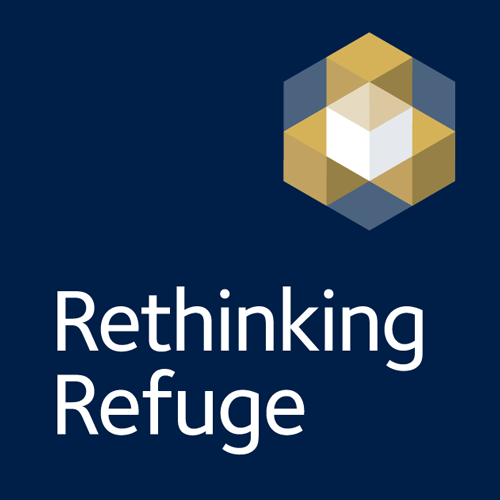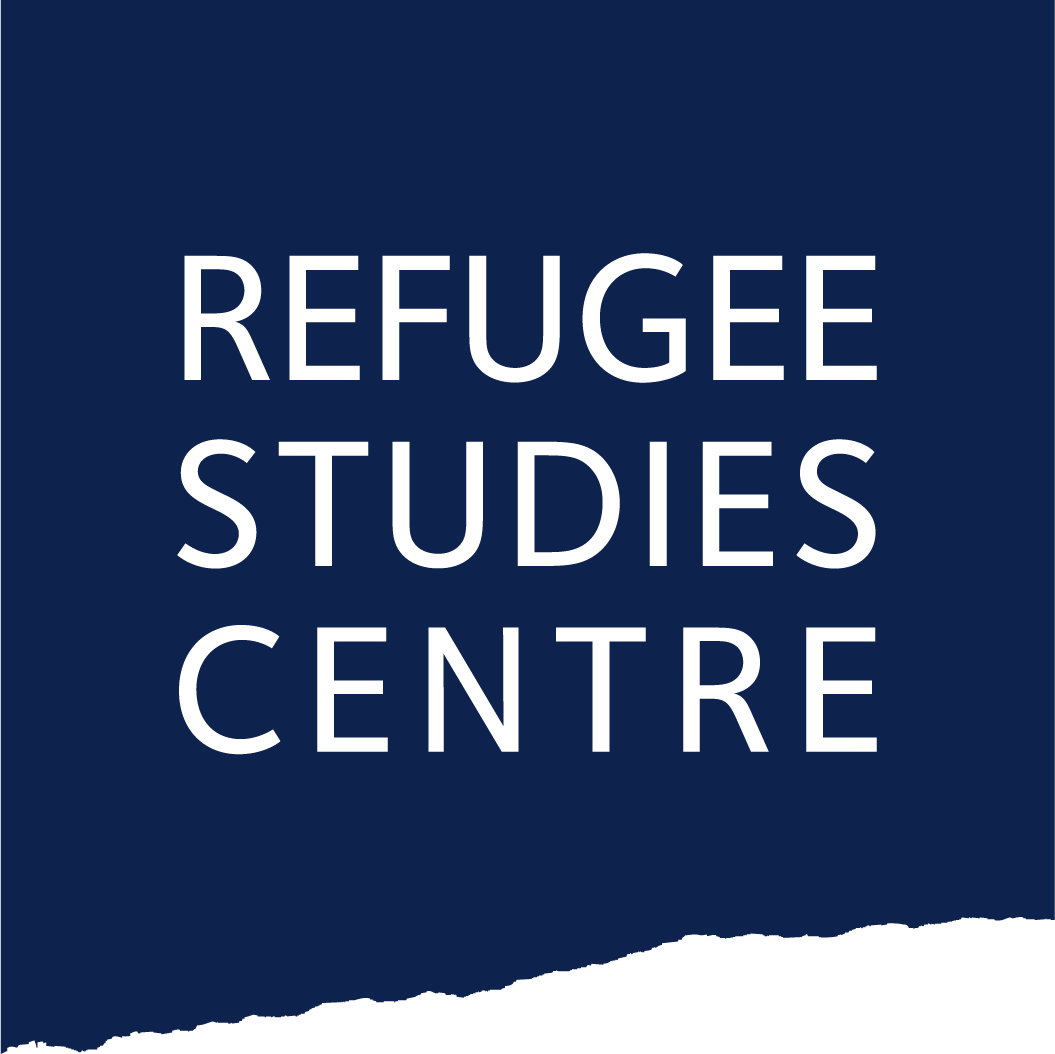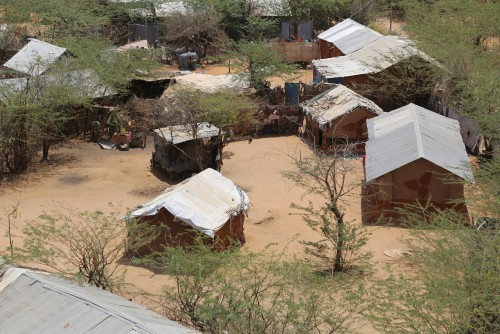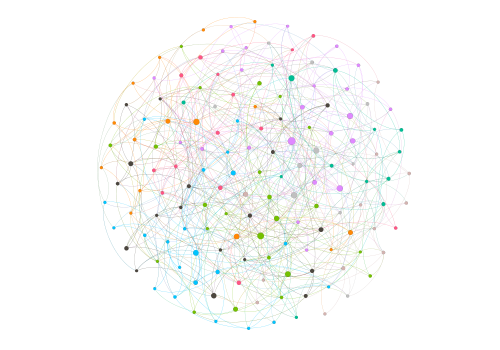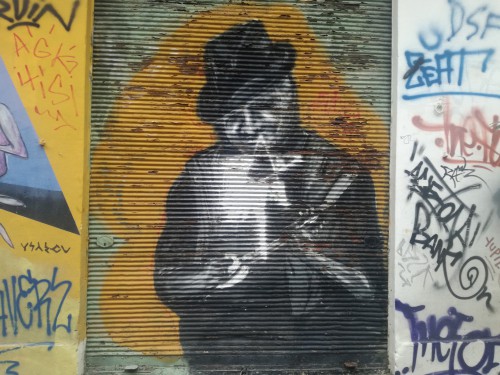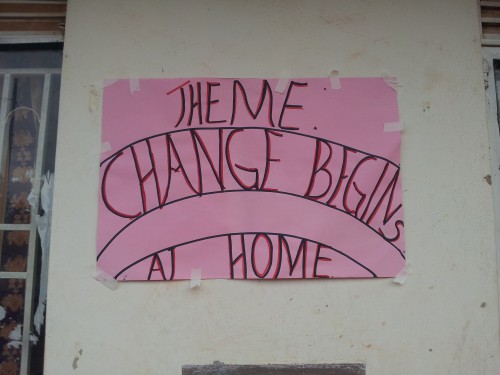
Rethinking the Duties of Refugees
Few would contest that refugees have rights or that those rights are often very much under threat in the contemporary world. But do refugees have duties, too, and, if so, what are they? The question of the responsibilities of refugees – to other refugees, to host states, and to the international community itself – is largely ignored in academic work on refugees. In my ongoing project on ‘The Duties of Refugees’, I aim to bring this issue into view. Rethinking the category of refugee as one with duties and responsibilities offers a way to bring refugees into the international refugee regime as active agents, but this conceptualization is not without its complications.
To ask about refugee duties is to raise a somewhat awkward matter. Refugees, almost by definition, find themselves in a range of desperate situations, when survival rather than responsibilities to others is the most important consideration. It seems at best irrelevant and at worst callous to ask about the responsibilities of people struggling to stay afloat on unseaworthy boats in the Med, or battling to keep their sanity in the prison that is Nauru, or even trying to navigate day-to-day existence in a refugee camp like Kakuma in Kenya. But not all refugees find themselves in such dire situations and even those who do are rarely indifferent to the pull of responsibilities to others.
There are a number of compelling reasons for examining refugee duties. One stems from the fact that we cannot really view refugees as human agents unless we recognise them as to some extent responsible for the choices they make. Much recent research has emphasised that refugees are not just victims, people passively subject to a range of external forces over which they have no control; they are also agents, political, economic and social actors who shape and transform the world around them. But once we view refugees in this light, the question of how their actions affect the rights and interests of others is hard to ignore.
Refugees, as even a cursory glance shows, act in ways that illustrate their perceived responsibilities to others all the time. In Canada, resettled refugees, including recent Syrian arrivals, have lobbied government officials to allow their relatives also to resettle and thus be delivered to safety. Many refugees, including those that fled Germany in the 1930s and Iraq in the 1990s, have felt obligated to testify to the suffering of others left behind and the need for international action.
Recent empirical research has suggested that many refugees choose their country of ultimate asylum by considering how they might maximise the opportunities of their children or remittances for others left behind. Many of the world’s richest philanthropists, including George Soros, are former refugees informed by an idea of ‘giving back’ after receiving the benefits of asylum in a country that allowed them to succeed. Refugees, then, clearly feel the pull of various duties that grow out of their experience of refugeehood. Understanding how refugees understand their duties is thus central to explaining why they make the choices they do.
Scrutinising duties is also important because of the role they play in justifying the exclusion of refugees. Across the world, refugees are frequently judged for violating various moral expectations and obligations. A case in point involved the Australian government during the ‘Children Overboard’ scandal of 2001. Refugees on boats were (it turned out falsely) accused of throwing their children into the water, in order to encourage Australian authorities to come to their rescue. The Australian Prime Minister said at the time: “I don’t want in Australia people who would throw their own children into the sea… There’s something incompatible to me … [about] somebody who claims to be a refugee and somebody who would throw their own child into the sea. It offends the natural instinct of protection.” This characterisation of asylum seekers as scornful of their fundamental obligations helped the government gain public support for its policy of preventing boat arrivals.
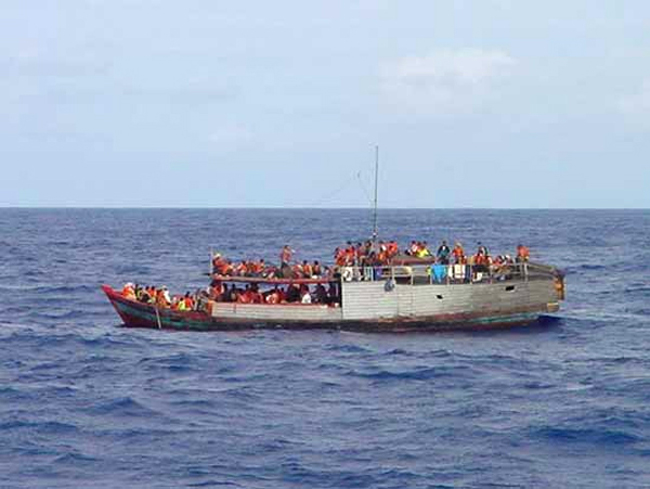
The Olong boat with asylum seekers on board before it sank, in the Australian 'Children Overboard' scandal of 2001. Photo: Project SafeCom, Jack H Smit
Nor is this an exceptional case. Governments commonly articulate their expectations of refugees in the language of duties. Recently in Europe, for example, a range of refugee duties have been articulated by governments in political debates. Refugees have been told they have a duty to return home once asylum is not necessary; a duty to remain in the first country of asylum; and a duty to submit to detention when it is ordered. One feature of these duties is that they are, as in the Australia example above, used to justify the excluding of refugees. By failing, for example, to stay in their first country of asylum or protesting their detention, refugees may be portrayed as unworthy of asylum. Duties can thus be wielded by political elites as weapons against refugees.
We can see from this that there are several reasons why we need to consider the duties of refugees. First, seeing refugees as moral agents with responsibilities to others is part and parcel of understanding them as full human beings and not the cardboard cut outs they are often portrayed as in the media. Second, understanding the obligations refugees feel bound by may help us better explain why refugees act in the ways they do. Finally, critically reflecting upon the duties of refugees enables us to separate self-serving and highly partial accounts of the duties of refugees from the more convincing ones derived from systematic moral analysis.
While it may seem more important to understand and promote the rights of vulnerable people than it is to think about their duties, there is often a practical connection between the rights and the duties of refugees. When refugees are publicly perceived as not fulfilling their duties, the violation of their rights is likely not far away. For this reason above all others, a better understanding of the duties of refugees is essential.
